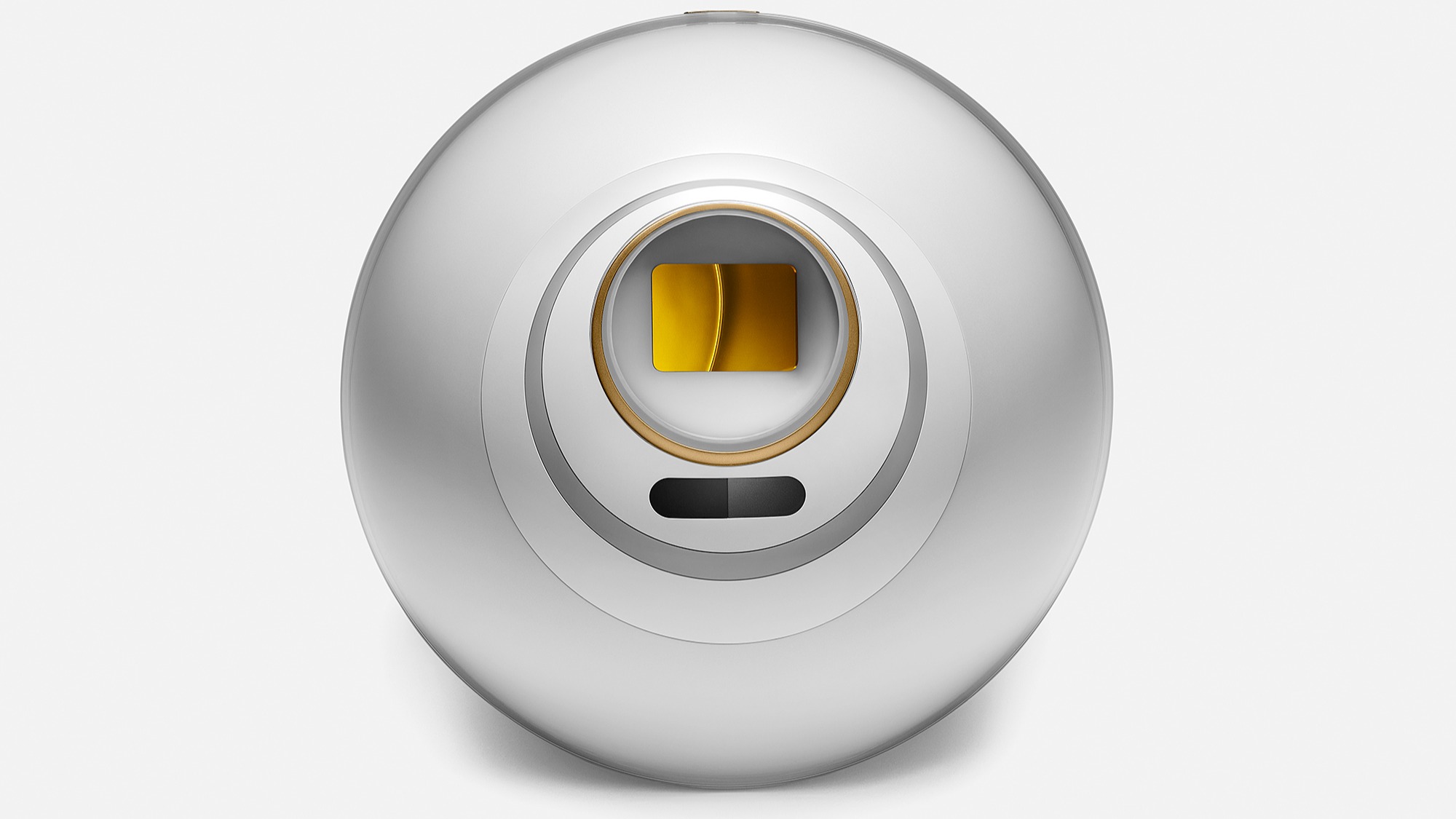Join Our Telegram channel to stay up to date on breaking news coverage
Sam Altman’s Worldcoin got a reality check after Ethereum’s Vitalik Buterin raised concerns about its design and a UK regulator said it would examine the project.
WLD, its token, dropped as much as 52% from its high of $3.58 yesterday but has since recovered some ground. It traded at $2.28 at 10:30 EST time, up a fraction in the past 24 hours.
Buterin expressed doubts over Worldcoin, which aims to assign people a kind of world ID, in a blogpost yesterday. He said it may face issues over factors that include security and privacy.
”I definitely do not envy the people attempting the task, and it will likely take years to find a formula that works,” he said
Separately, the UK Information Commissioner’s Office (ICO), Britain’s data watchdog, is also looking into the project by OpenAI CEO Sam Altman, Coin Desk reported.
“We note the launch of WorldCoin in the U.K. and will be making further enquiries,” it told Coin Desk, adding that organisations “need to have a clear lawful basis to process personal data. Where they are relying on consent, this needs to be freely given and capable of being withdrawn without detriment.”
Raining On Worldcoin’s Parade
Worldcoin is a project geared towards creating a globally-inclusive identity and financial network. To facilitate global identification, the project assigns people WorldID which is created when a user gets their iris scanned on the Worldcoin Orb.
The project is built on proof of personhood which is simply when a person establishes that they are both human and unique which proves that they are a real person and different from another real person, without having to reveal their real-world identity.
Worldcoin also debuted the WLD token which was created for the purpose of establishing a financial network and also for the governance of the protocol. Seeing as the token is still newly launched, the actual utility is yet to be determined.
Unfortunately, these concepts and their practicality failed to convince Buterin who wrote a long blog post discussing his concerns with the proof of personhood projects. First, he questioned Worldcoin’s ability to maintain the privacy of a real person’s true identity.
Vitalik Buterin described "four main risks" associated with Worldcoin
Vitalik Buterin pointed out four potential problems with the identity verification system in his blog
He highlighted the main risks:
– confidentiality;
– accessibility;
– centralization;
– safety.#Worldcoin pic.twitter.com/2nY7ZRB84N— 100 X (@Cryptofranknews) July 24, 2023
According to Buterin, scanning a user’s iris could collect more information than just the uniqueness of a person. Through this scan, one could, for instance, tell the person’s sex, and ethnicity and even show some medical conditions. These factors provide more information into a user’s identity which shouldn’t be the case.
Despite the cryptographic measures put in place to safeguard the hash which is generated from the iris scan using specialized algorithms Buterin argues that a bad actor could replicate the algorithm and compute the hash given a user’s iris scan. This compromises the system’s ability to keep a user’s identity private.
Secondly, the Ethereum founder also discussed the issue of security. According to him, the Worldcoin ecosystem is not as secure especially with the rise of AI which could generate 3d printed persons or iris images that the Orb software could accept.
Additionally, considering that the WorldID is stored on the World app which is on a user’s phone, stealing the user’s phone would give the hacker access to the user’s WorldID. Additionally, the IDs are also susceptible to being sold or rented for money or being accessed by malicious governments.
Worldcoin’s Centralization and Accessibility Issues
Another concern raised was the issue of centralization which mainly lies in the Orb used to scan irises. In the blog, Buterin states that despite being open source to some degree, the Orb is still private hence “we have no way to verify that it was constructed correctly and does not have backdoors.”
By adding loopholes to the Orb Systems, evil manufacturers could generate a large number of fictitious human identities. He also questioned the decentralization of Worldcoin’s governance and proprietary algorithms though he acknowledged that the project intends to decentralize them further.
–
Orbs are an interesting idea …But, the https://t.co/zz71lvG5hi wallet (among others) simply uses the secure enclave on my own phone
I'm not sure I trust hardware from the SAME company as those incentivized by owning BILLIONS of 'founders tokens'https://t.co/4TCNtjLmKc
— 🌞 ΞNΞRGY (@sustainablock) July 24, 2023
Lastly, Buterin discussed the practicality of the registration process and how accessible the Orbs were such that everyone around the world could get an ID. Before the launch, Worldcoin had only about 200 Orbs in a few cities which registered over 2 million people.
However, Tools for Humanity, which is the company behind Worldcoin, is now looking to increase the Orbs to at least 1,500 in cities all over the world by the end of 2023.
“But while there are billions of smartphones, there are only a few hundred Orbs. Even with much higher-scale distributed manufacturing, it would be hard to get to a world where there’s an Orb within five kilometers of everyone,” Buterin wrote.
Even if the company was able to reach everyone in every country, the Orbs, he says, could be used as instruments of coercion by governments or banned altogether. He instead recommended smartphones for registration as is the case with Proof of Humanity, another proof of personhood project.
Buterin’s blog was not just centered around Worldcoin’s flaws but also pointed out general flaws present in the existing proof of personhood solutions. In the blog, he recommended solutions to the various issues adding that it will be a while before these systems are perfected.
Buterin is not the only one concerned about Worldcoin data protection and privacy concerns. The UK Information Commissioner’s Office (ICO), the British data watchdog, is also looking into the OpenAI CEO Sam Altman’s project saying:
“We note the launch of WorldCoin in the U.K. and will be making further enquiries. [Organizations] need to have a clear lawful basis to process personal data. Where they are relying on consent, this needs to be freely given and capable of being withdrawn without detriment.”
Coindesk reported that a spokesperson from the Worldcoin Foundation responded to the ICO’s move saying that the company adheres to strict privacy guidelines and “is continuing to assess local laws and regulations to ensure compliance.”
“With regard to GDPR, Worldcoin is fully compliant with all laws and regulations governing biometric data collection and data transfer, including Europe’s General Data Protection Regulation”, added the spokesperson.
Related Articles:
- Sam Altman’s Worldcoin Crypto Token Soars on Launch
- Elon Musk Rebranding Twitter to X May Open Door for Crypto Payments. Time to Buy XRP, XLM, DOGE, Bitcoin, BTC20, ETH?
- Old Bitcoin Wallet Moves Massive $BTC Stash to New Address
Best Wallet - Diversify Your Crypto Portfolio
- Easy to Use, Feature-Driven Crypto Wallet
- Get Early Access to Upcoming Token ICOs
- Multi-Chain, Multi-Wallet, Non-Custodial
- Now On App Store, Google Play
- Stake To Earn Native Token $BEST
- 250,000+ Monthly Active Users
Join Our Telegram channel to stay up to date on breaking news coverage


